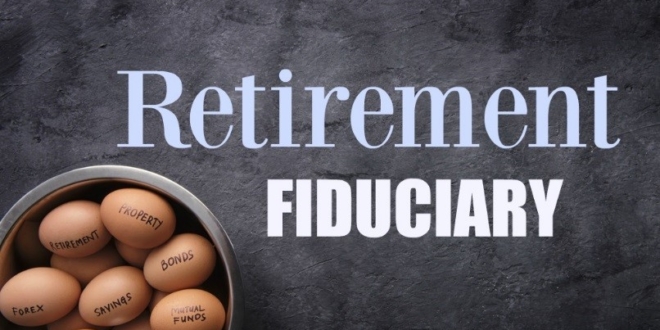What Is a Retirement Fiduciary?
A licensed fiduciary, especially one who specializes in being a retirement fiduciary, can have a huge impact on the success of your retirement. Why? Because a fiduciary is required to put their client’s best interests ahead of all other considerations.
You can identify whether or not an advisor is a fiduciary using a checklist of three items. A fiduciary must have all three.
- They have a Series 65 license.
- Their firm is structured as a fee-only RIA (Registered Investment Advisor).
- They are independent of any particular company which designs or sells financial products under their own brand.
What a Retirement Fiduciary Should Never Recommend.
Based on that fiduciary requirement—recommending only what’s in your best interest—there are three investment recommendations which we believe a retirement fiduciary should never make:
- Variable annuities.
- Non-traded REITs.
- C-share mutual funds.
- Variable annuities are laden with commissions and fees. Most pay around 8% commission right off the bat to the person selling it, and continuing commissions are paid to them every year you own the policy. Not only does the broker/banker/salesperson get paid every year, but the insurance company and the mutual fund company that provide the policy get paid, too. You’re talking about an average of 5-7% getting taken off the top of your investment each year.
- Non-traded REITs (real estate investment trusts) are next on our list of what a retirement fiduciary should never recommend, even though they are popular. Most people don’t know that they’re paying commissions of 10, 12, or even 15% on these investments. And they’re non-tradable—they’re not liquid. What happens if real estate goes down–especially like it did in 2008? You will lose a ton of money—and you can’t get out.
- Finally, there is what we believe to be the poster child of non-fiduciary, non-transparent commissions: C-share mutual funds. Even if you specifically tell a broker or banker that you don’t want a front-end or back-end-loaded fund, they might trot out a C-share mutual fund. Because what they are not required to disclose is that they could get paid up to 1% every year, depending on the product. This non-disclosed commission is so questionable that TD Ameritrade, Schwab and Fidelity won’t even allow C-share mutual funds on their trading platforms!
What a Retirement Fiduciary Should Do—Create a Distribution Plan.
The first thing your retirement fiduciary should do is create a retirement distribution plan for you. This shouldn’t be a pie chart with your investment assets allocated in different colors, accompanied by a vague directive to spend only 4% each year. A retirement distribution plan should map out your complete financial life year-by-year.
Brian Decker: “One of retirees’ top fears is running out of money. One of the best ways to eliminate fear is to have a plan.”
Your retirement distribution plan should include all your sources of retirement income, including income from assets, pensions, rental income and Social Security. It should include a plan to mitigate taxation, and handle RMDs (Required Minimum Distributions) in the most tax-beneficial way. It should include an inflation factor, to protect you against rising prices for things like food and energy costs you will face when you’re living on a fixed income.
For more information, visit Decker Talk Radio.



